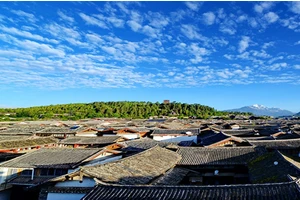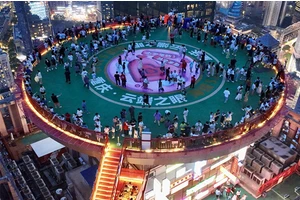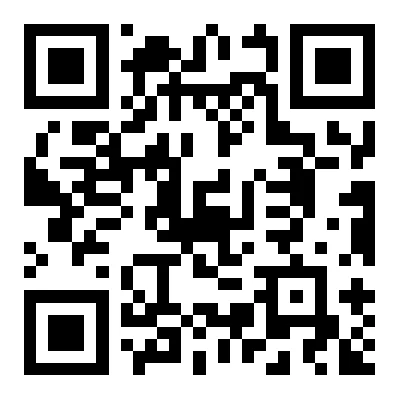Travel sheets
Physiologically, do you need to bring your own sheets when staying in a hotel? Hotel hygiene is a big problem now. With the exposure of various unannounced visits by the media, more and more people have realized that there is a big blind spot in hotel hygiene supervision. So what are the specific differences in health management between five-star and four-star hotels and ordinary chain hotels? Training may be in place, the restrictions on detergent consumption may not be so great, and the recruited cleaners may be of higher quality. However, the actual operation depends on the consciousness of the cleaners themselves, because they are not supervised when cleaning. Even if someone comes to check after cleaning, they can only see the cleanliness visible to the naked eye-it is impossible for the naked eye to judge whether the cleaner continues to wipe the bathtub, sink and countertop with the towel that wiped the toilet. I don't know if the towel was stained with any vomit or body fluids, and if the last tenant had any infectious diseases. You feel very clean when you live in the hotel, the countertop is glowing, the bathtub sink is white, and the towel is dry and white. However, after all, the hotel is a place where people come and go, and the guests can do whatever they want in the room without being monitored, and it is even more impossible to check the health status of the guests when they check in.
It seems that the hotel is not much cleaner than the hospital, and the disinfection and cleaning measures of the hotel are much worse than the hospital. Five-star hotels may not let you catch head lice, but bathing in public bathtubs, washing your face with public bath towels and sleeping in public sheets do not rule out the possibility of catching any infectious diseases. Of course, there are too many accidental factors in everything. If you say that I must be sick if I don't take it this time, the answer is of course no. I have seen people who take off their clothes and put them on the ground in the hospital toilet, and then put them on when they leave. I've also seen people who take a bottle of drip with them everywhere and check in first. The specific situation depends on the living habits of the tenants themselves.
When traveling and staying in a hotel, judging whether the sheets are new can be observed through the following aspects:
1. Visual inspection: First of all, you can make a preliminary judgment visually. The color of new sheets is usually bright, without obvious wear and stains. If the sheet looks old, dull in color, or has obvious marks, it may not be new.
2. Olfactory inspection: New sheets usually have a faint smell of detergent, which is the smell left by the detergent added during washing. If you smell a strange smell on the bed sheet, or smell of smoke, sweat, etc., then it may have been used.
3. tactile inspection: the texture of new sheets is usually soft and comfortable. You can touch the sheets with your hands and feel their texture and comfort. If the sheet feels rough or has something hard, it may not be new.
4. Check the edges of sheets: The edges of new sheets usually have neat stitches without any damage or wear. If the edge of the sheet is damaged or the stitches are irregular, it may have been used.
5. Check the labels on the sheets: Some hotels will put labels on the sheets, indicating the washing times and dates of the sheets. You can judge whether the sheets are new by looking at these labels.
6. Ask the hotel staff: If you are still not sure whether the sheets are new, you can ask the hotel staff directly. They should be able to provide accurate information.
Generally speaking, through the above observation and inspection, you should be able to roughly judge whether the sheets are new. However, because the hotel's washing standards and processes may be different, this can only be used as a reference, not as an absolute standard.






